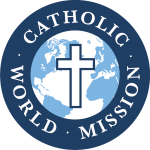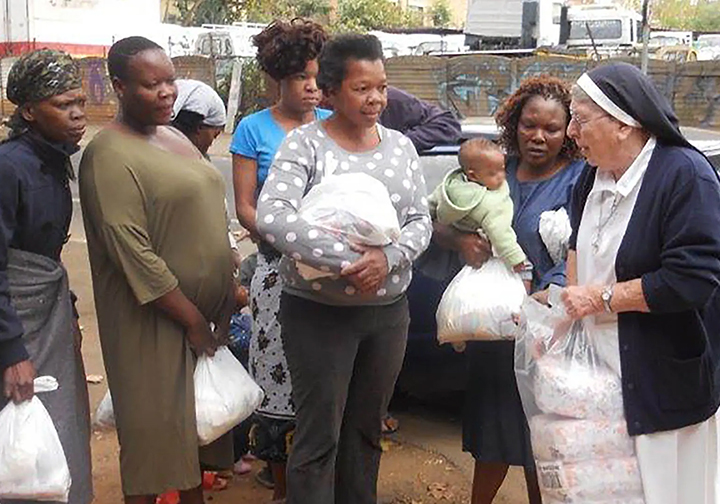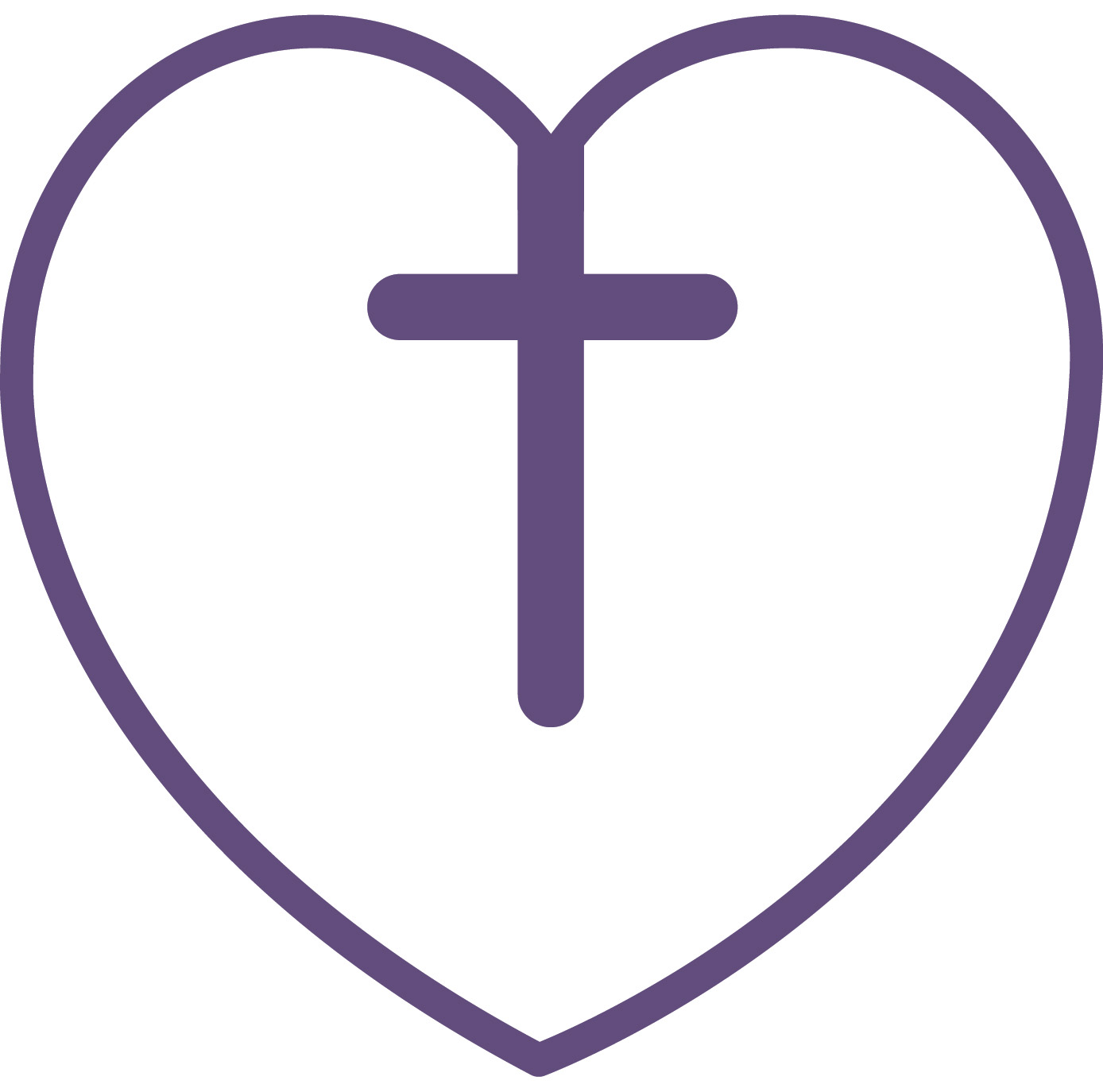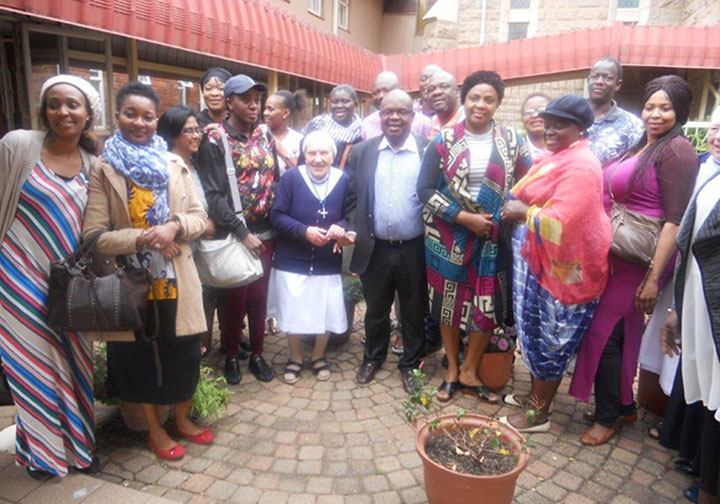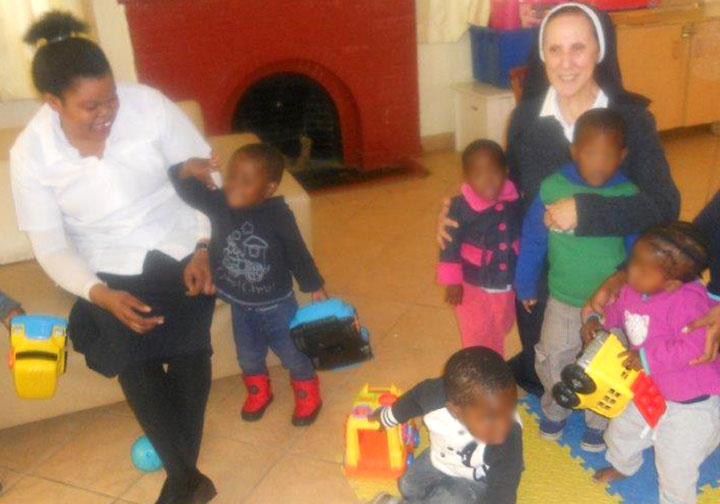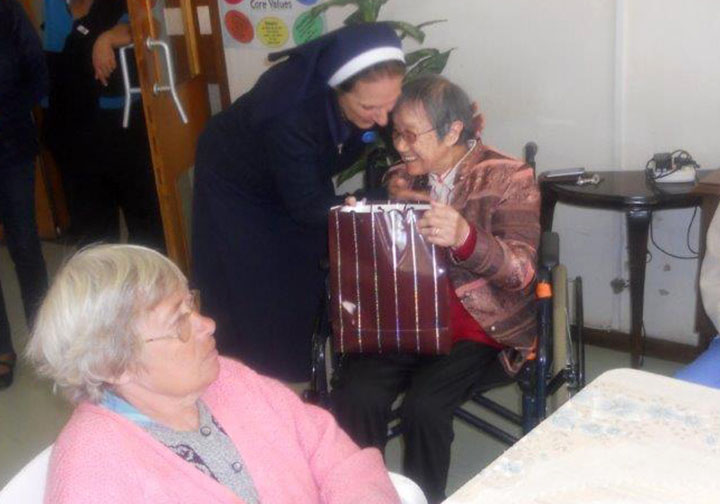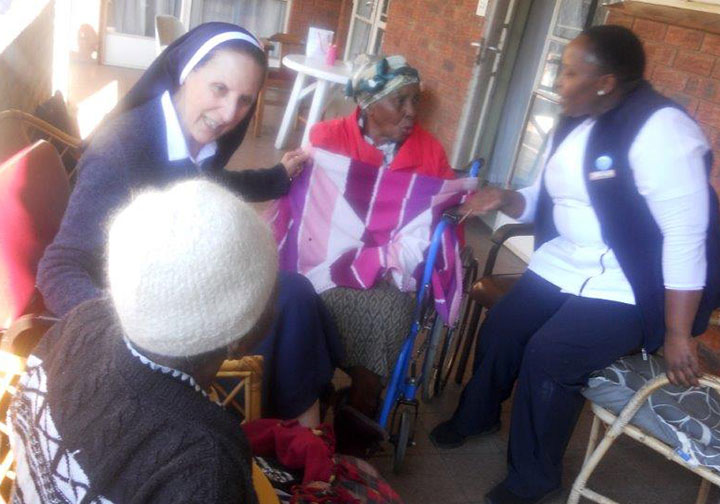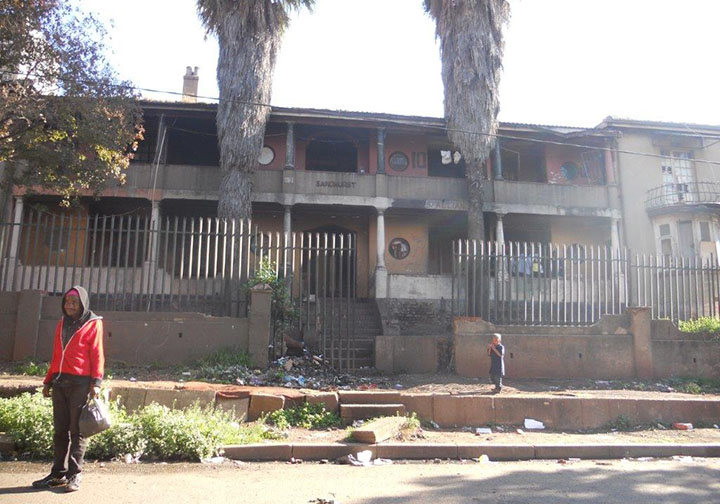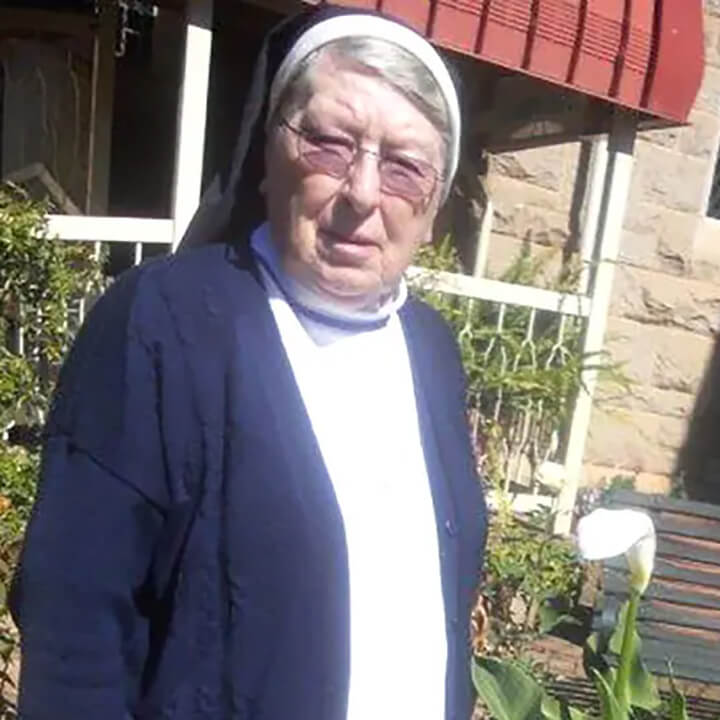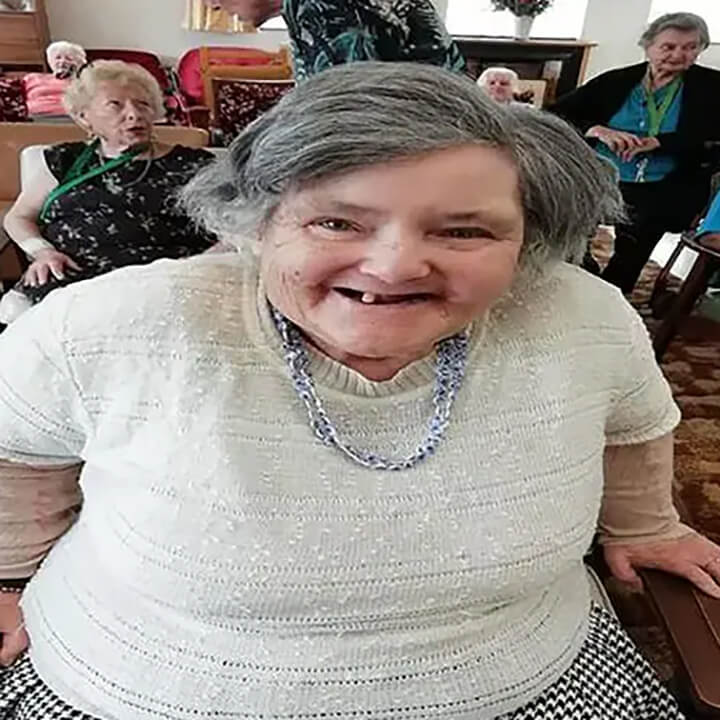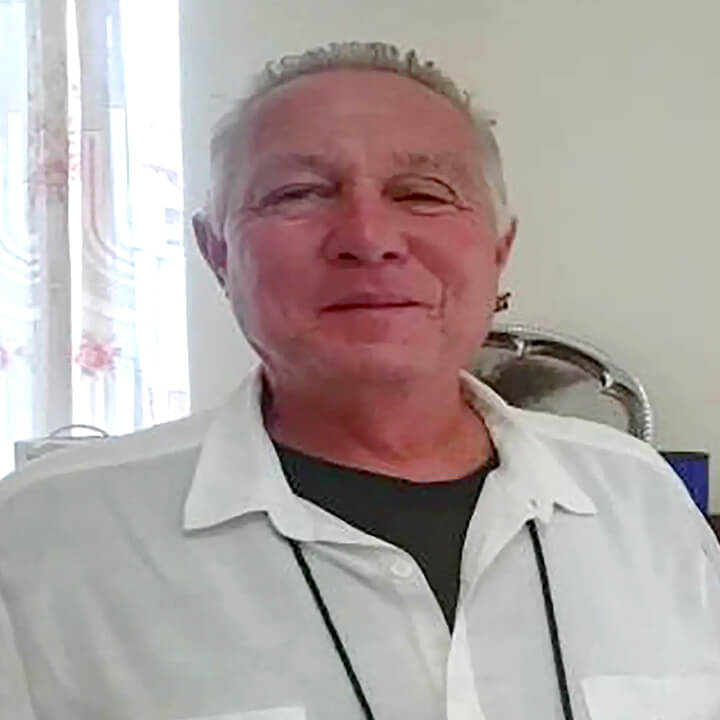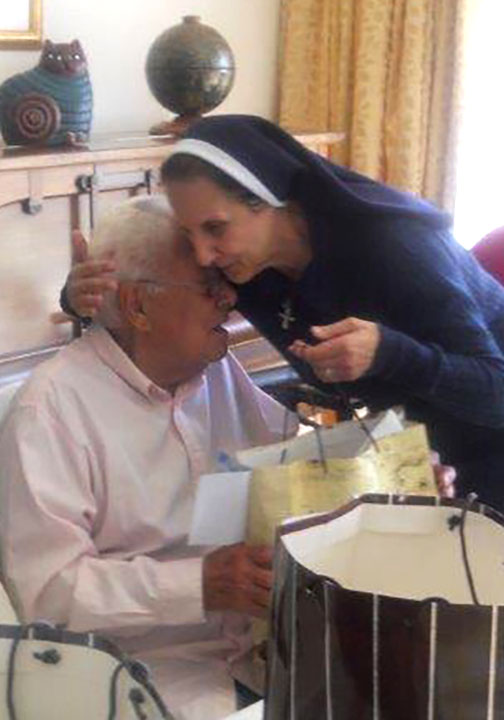The Sisters of Nazareth
The Sisters of Nazareth were originally founded in 1861 by Victoire Larmenier. The original Nazareth House opened in Hammersmith, London, United Kingdom, in 1857, while Victoire was a member of the Little Sisters of the Poor. The Sisters of Nazareth eventually became its own order.
Today, there are 37 Nazareth Houses around the world, including the UK, Ireland, Australia, Zimbabwe, the United States, and South Africa.
The Sisters of Nazareth have committed themselves to the service of God in caring for those who are most in need. They do this specifically through Nazareth House, where they provide hospitality and care to all who come to Nazareth House, irrespective of age, color, race, or creed. The sisters care especially for marginalized and disadvantaged with a spirit of love, compassion, and justice.
Nazareth House works to be an active part of building bridges for the local poverty-stricken and ill communities. Nazareth House works to provide opportunities for the poor to lift themselves up through good healthcare and by offering programs whereby local residents can learn long-term sustainable skills and strategies that will allow them to find jobs, care for themselves, and improve their quality of life.
Catholic World Mission’s work with Nazareth House Johannesburg began in 2018.
There are Four Impactful Programs
The Children’s
Nazareth House provides a safe, loving place for children of all ages and backgrounds to call home during times of crisis.
Specifically, Nazareth House provides:
Long-term or permanent care for orphaned or abandoned children, most of whom have very special needs, including living with HIV and AIDS;
Short-term, emergency care for abused or abandoned children who have been removed from their homes for their protection;
A family reunification program with the intention of reuniting as many children as possible with their immediate families or extended family members, when possible and when in the child’s best interest.
Every child who comes to Nazareth House is able to receive education, medical care, and support for any condition or trauma the child may have.
There are currently 40 orphaned/abandoned babies and children at Nazareth House. They all attend normal, mainstream schools or daycare centers. They get to enjoy various activities throughout the year, including picnics, field trips, sporting events, baking cakes, reading, and other special events. Some children even get to receive horse riding lessons!
Care of the Aged
Similar to children, the elderly are often also abused and abandoned or have no financial resources.
Nazareth House provides a loving, family-like environment for these seniors. In addition to medical care, residents are also given the opportunity to see hairdressers/barbers, have movie nights, go on library outings, and go on assisted shopping trips. They greatly enjoy going on shopping trips and spending pocket money on trinkets, treats, and items they need.
Nazareth House lifts residents out of the disadvantages of poverty, isolation, and neglect, and enables them to live with dignity as valued and respected members of society.
Nazareth House offers assistance to their elderly residents at all levels, including emotional and medical. Some of the services they provide include:
- Ongoing health monitoring and personal hygiene assistance
- Frail care facilities for those who require more specialized care and attention
- Preparation and provision of nutritious meals
- 24-hour nursing care and spiritual guidance
- Give each resident love and the best care possible
- And many other facets of caring for the whole person: body and soul.
Hospice and Clinic
Nazareth House also plays a vital role in the community for the care of people with HIV/AIDS.
Nazareth House operates St. Basil’s Hospice and the Clinic of Hope and Love to care for people battling HIV/AIDS.
St. Basil’s Hospice provides antiretroviral therapy for patients battling HIV. For patients who can regain their health, St. Basil’s ensures they do so. St. Basil’s Hospice also provides compassionate care for some patients until the end of their lives.
The Clinic of Hope and Love was founded to provide for the many local residents, especially immigrants, who are HIV positive or living with AIDS. In the last year, the clinic has tested 8,237 patients. 1,073 are now on antiretroviral medication.
Community Outreach
This program was begun in 2002 after more patients were being admitted to St. Basil’s with preventable conditions.
The program provides quality care to the destitute, poor, and ill in the Yeoville area of Johannesburg.
One of the key aspects is preventative measures for HIV positive persons, education, counseling, nutrition, medication, and the promotion of adherence to treatment plans. More than 60% of the patients and people who benefit from this program are women. Less than 40% are men.
Sr. Bridget Ambrose runs the Community Outreach. She is a Sister of Nazareth and registered nurse. She visits 4-7 patients every day, their families and other poor families in the area. Nazareth House also provides with a vehicle so she can visit the patients and transport them to hospitals and clinics in emergency situations because the ambulance services in the area refuse to assist refugees.
The community outreach established a support group in 2009. The group currently has 123 members and teaches members various skills that will allow them to support themselves and their families.
The mortality rate has decreased dramatically over the years. Currently, only 30% of those cared for through the outreach program pass away. While that is still a high mortality rate when compared to developed nations, that equals thousands of lives saved through the work of Nazareth House!
Sr. Bridget, 83
Sr. Bridget, 83
I am from County Limerick, Ireland. I am the eldest of 12 children—seven girls and five boys. My father was a farmer and my mother looked after us all.
The Sisters of Nazareth came to my school, which was how I first learned of them. Soon after my Confirmation, I received literature from them. Once I got to know them well, I felt drawn to the life of the Sisters of Nazareth. I made my first profession of vows in 1952, at our motherhouse in Hammersmith, London. I felt drawn to the old people and orphans, so I cared for them until I made my final profession in 1958.
Since then, I have served in Ireland, London, and at various Nazareth House locations throughout South Africa. I have run the Community Outreach Program in Johannesburg since 2002.
As part of the Community Outreach Program, I am responsible for daily visits to the poor and indigent, who often live in shacks or derelict and neglected flats in poor conditions. I deliver food, bread, clothes, blankets, etc.—whatever is available. I also pray with those I visit and offer encouragement.
The greatest reward of being a religious sister, especially in this order, is this ministry—to be friendly and happy and give the poor and suffering something to smile about, to show them somebody does care. This is also the greatest challenge. But I feel fulfilled and needed, especially useful in my later years where I can encourage and lift the downhearted.
Harriet, 74
I was born in Cape Town in 1944 but was taken to Johannesburg by friends of my parents as they couldn’t look after me. When I was a teenager, my adopted family approached Nazareth House to care for me. So my life began under the care of Sr. Edward, who was responsible for myself and 19 other mentally challenged girls and boys at the time.
Sr. Edward taught us to knit and bake. I still can’t cook or bake, but I carry on knitting alongside the other residents. We knit items for Sr. Bridget to give out as part of the Community Outreach Program.
I have loved living at Nazareth House. I do get lonely sometimes not having any family. This will always be a challenge for me, but I am so grateful to the sisters and staff who have cared for me all these years. They have done so with great love. I see this as my biggest reward in life.
David, 65
I came to Nazareth House when I was 30, as part of my hospital treatment for a mental health program and have never left since.
My main task is to assist Sr. Bridget with the Community Outreach Program. I help distribute food parcels to mothers and children, as well as other bits and bobs we have been able to collect for them.
I also make sure all the holy water is in place throughout the property, including the chapel and all the rooms.
I am a happy man, always keeping a smile on my face, despite bad days when my health takes over. But the spirit of the Lord keeps me strong. Life does get lonely when you have no family, but I try every so often to visit Nazareth House in Cape Town for a change of scenery.
Life has led me to be part of the Nazareth family. I feel rewarded to be among people who need me, and that I can still be of help. I have seen nothing but growth in myself since living at Nazareth House.
Plumbing at the Nazareth House!
2023
Thanks to your abundant generosity, the Nazareth House, which is a part of Nazareth Care Africa, is getting the plumbing assistance they need! Located in Johannesburg, South Africa, Nazareth Care Africa cares for victims of poverty, neglect, abandonment, and abuse. Every child at the home has conditions ranging from being disabled, being born with HIV, and being orphaned. With YOUR support, the Nazareth House will ensure proper plumbing in the house for their residents, which helps to fulfill a universal need. The children are grateful for this blessing, as it will make a difference in their everyday lives!
BEFORE
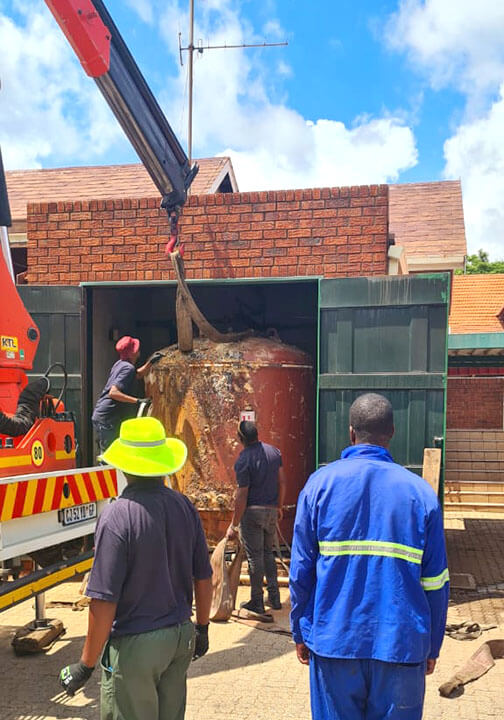
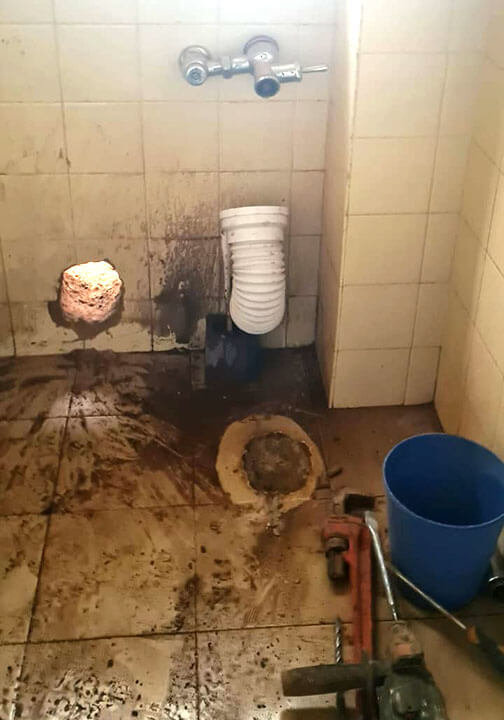
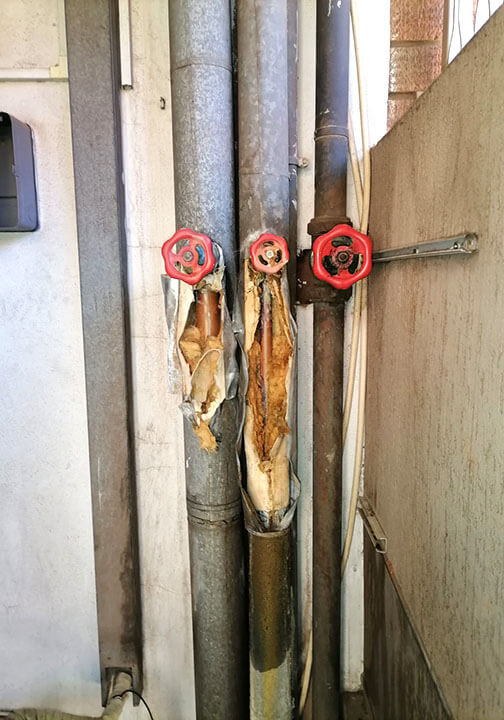
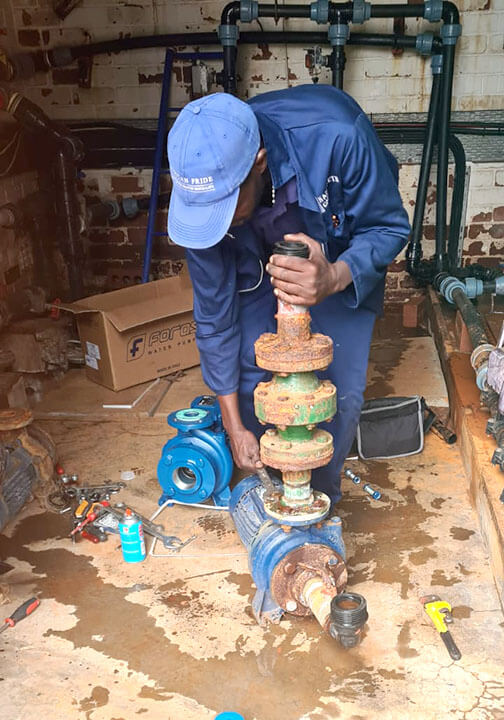
AFTER
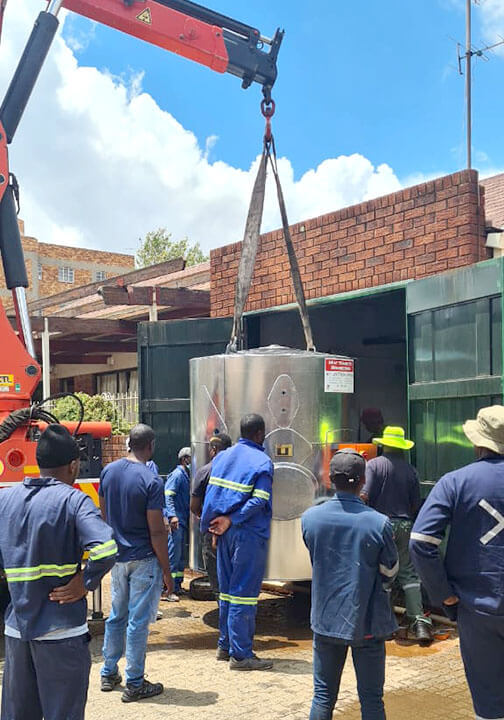
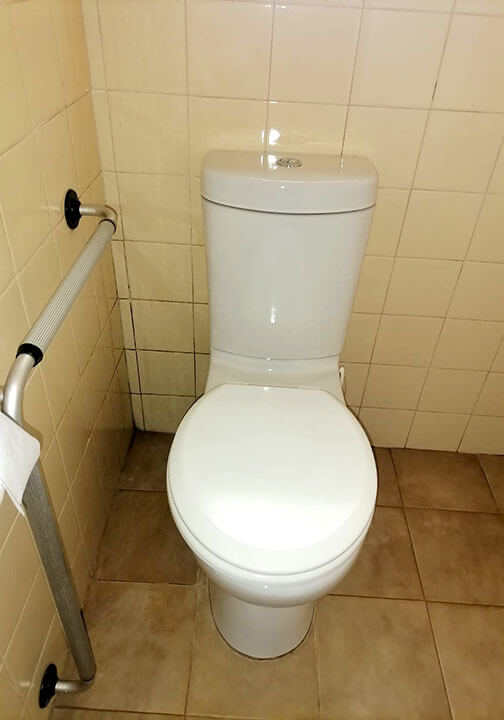
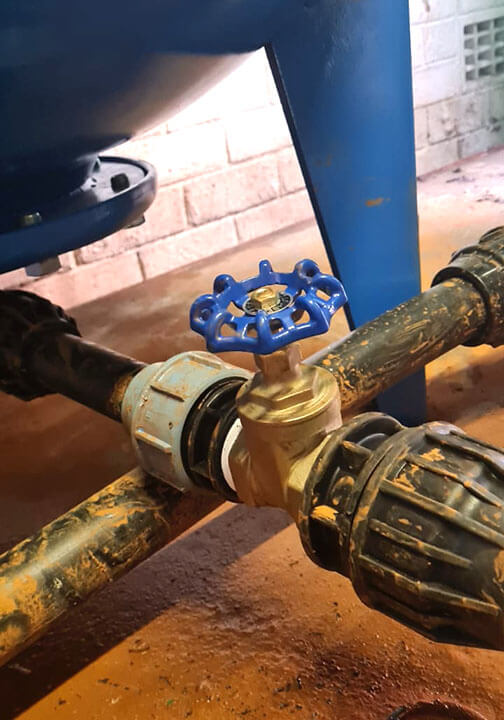
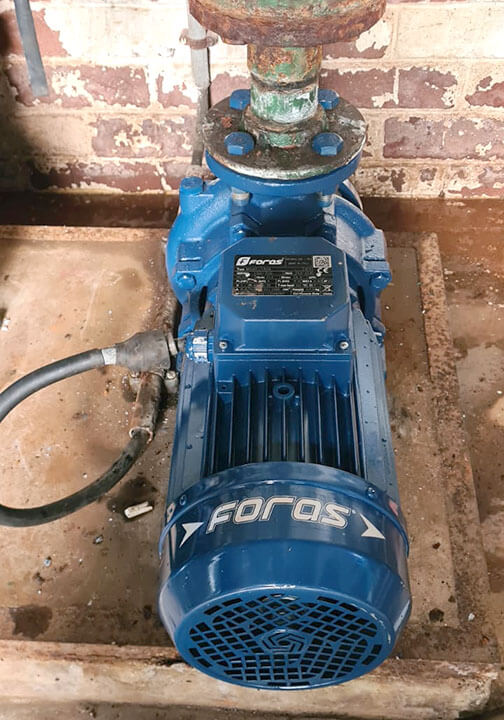
Not Even a Global Pandemic Can Slow Down Progress at Nazareth House!
2020
Thanks to the generosity of an amazing donor, and the generosity of friends like you.
Major repairs have been completed throughout Nazareth House including:
- Converting all lighting to LED
- Plumbing maintenance
- Upgrade IT infrastructure, such as antennas and routers for improved WiFi
- Revamp children’s home
- Security upgrades like installing security cameras and replacing security fencing around the property
- Replacing the walk-in freezer
- New beds for the Frail Care (elderly) home
- Painting the church exterior
- New walkways and windows
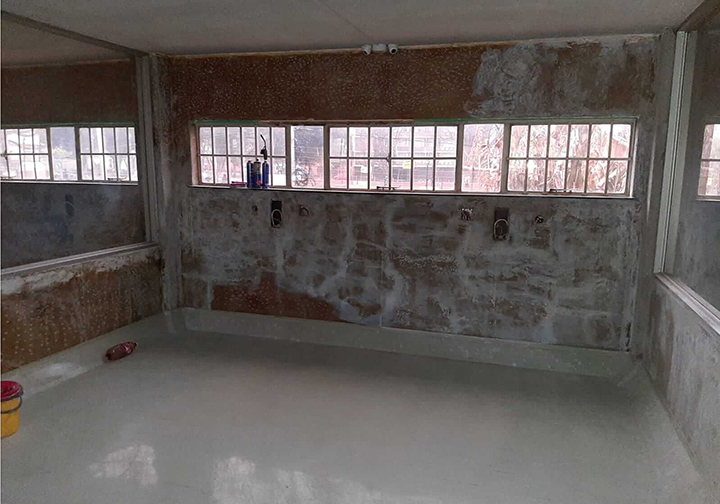
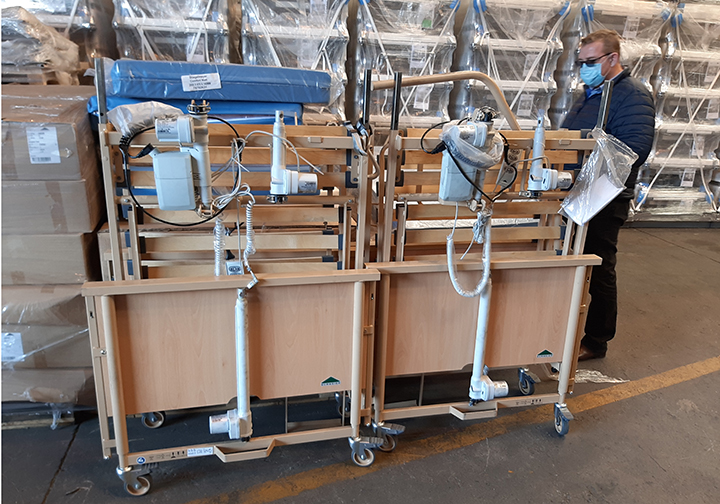
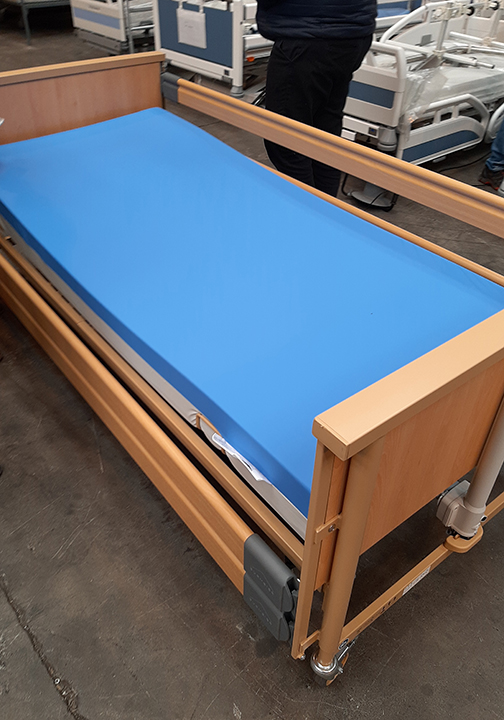
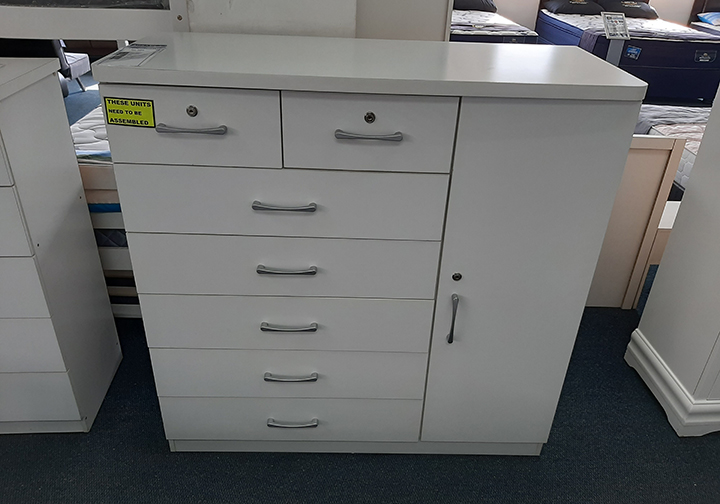
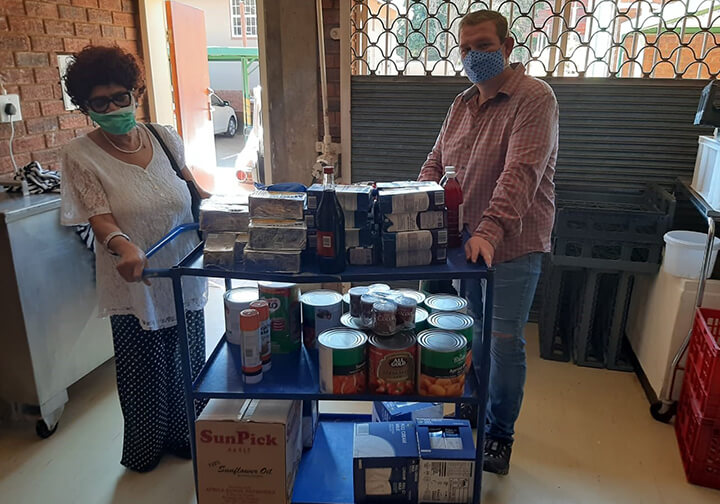
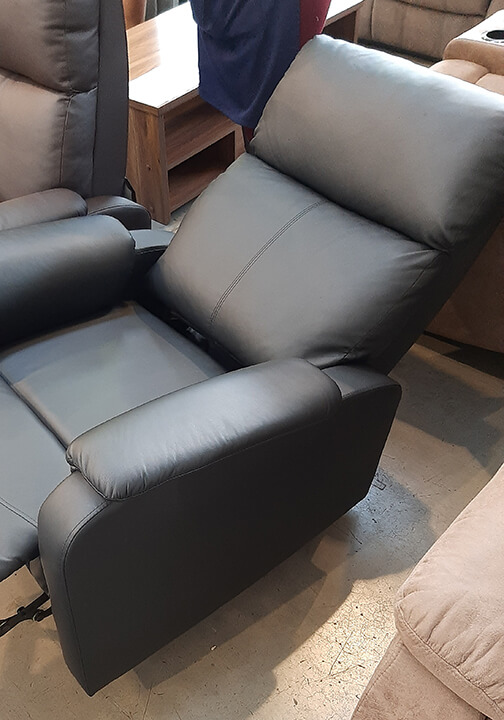
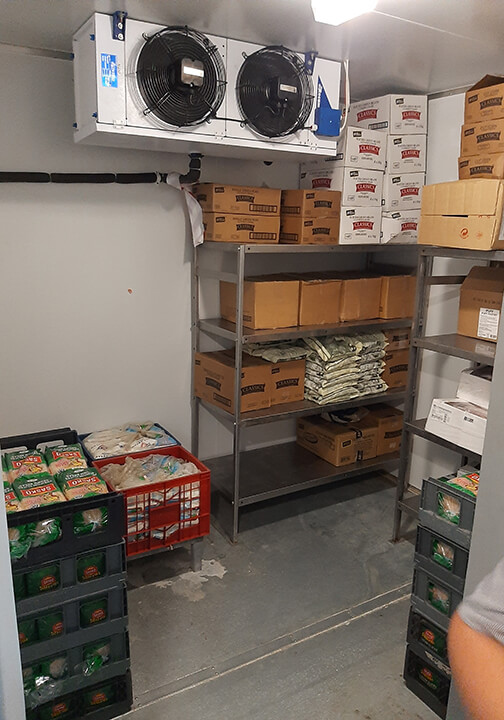
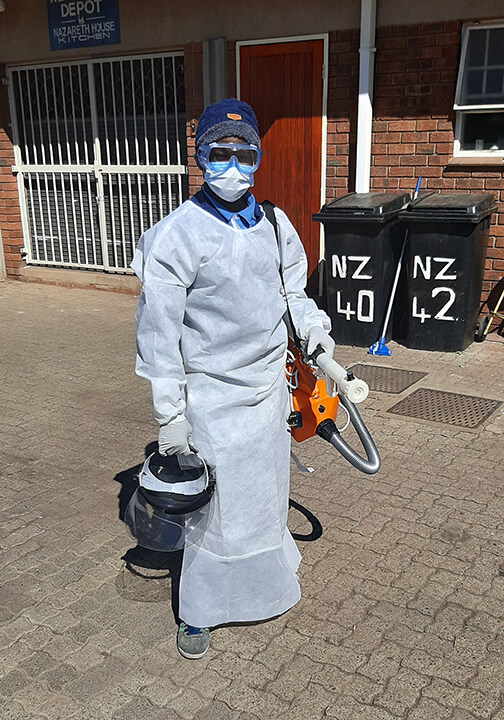
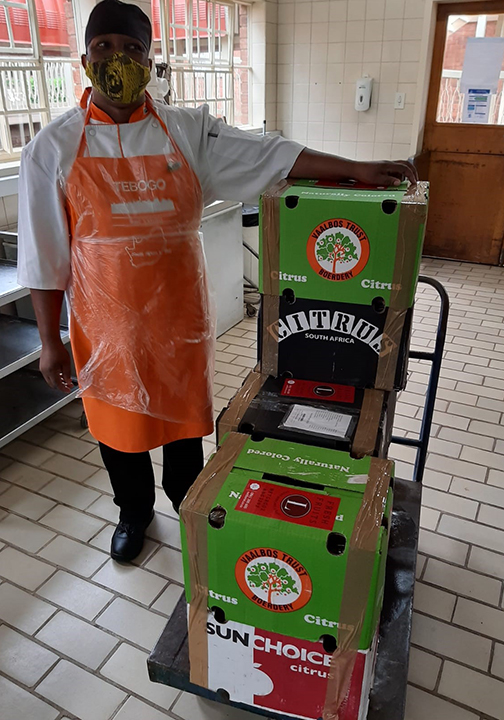
Nazareth House was also able to stock up on COVID-19 supplies for its residents, including masks, face shields, thermometers, coveralls, and COVID-19 tests.
Several New Projects in Were Completed
2019
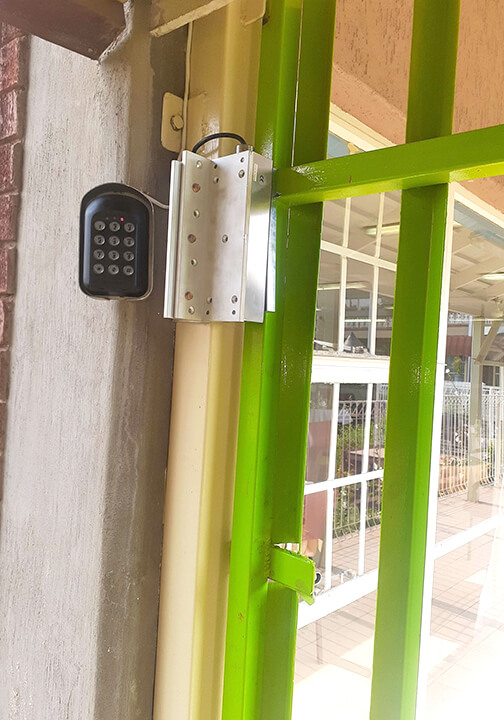
A new security fence to improve the safety of the children, elderly, and sisters who live at Nazareth House.
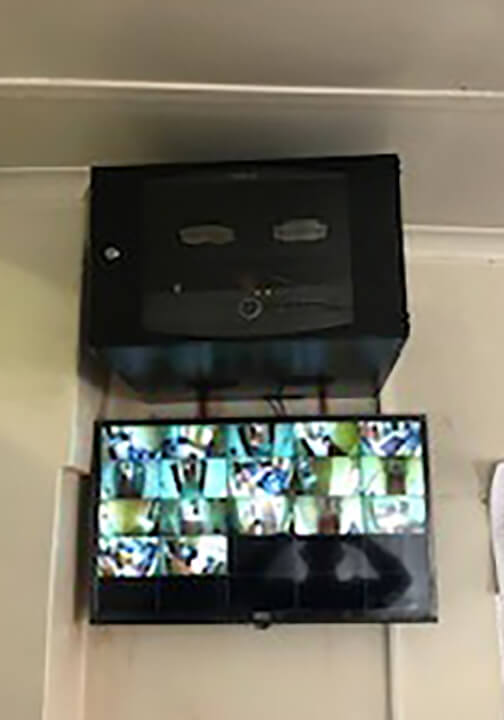
Installation of a new security camera system.
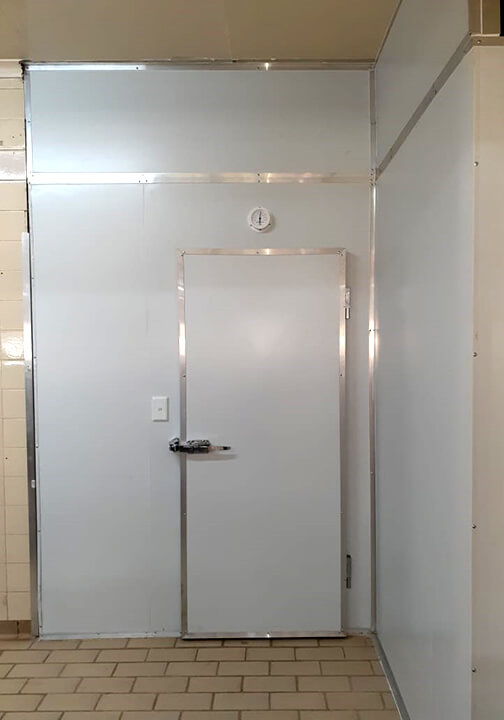
Replacing the current walk-in refrigerator/freezer. The current walk-ins break on a weekly basis, putting the food of all the children and elderly at risk of rotting!
Incredible Partnership With the Sisters and House of Nazareth
2018
Thanks to a generous donor, 2018 had us busy laying the groundwork for what will be an incredible partnership with the Sisters of Nazareth and Nazareth House Johannesburg. Some of that “groundwork” included:
- Repairs to buildings including elevator repairs and structural and equipment repairs
- Food and meal preparation for the elderly home, orphanage, and hospice
- Safety measures including day and night guards
- Empowering staff to provide adequate care for the elderly and children, meaning that each resident received not only necessary care like food, water, and medicine, but also non-quantifiable care like love, family-like support, freedom from isolation and loneliness, and human contact.
